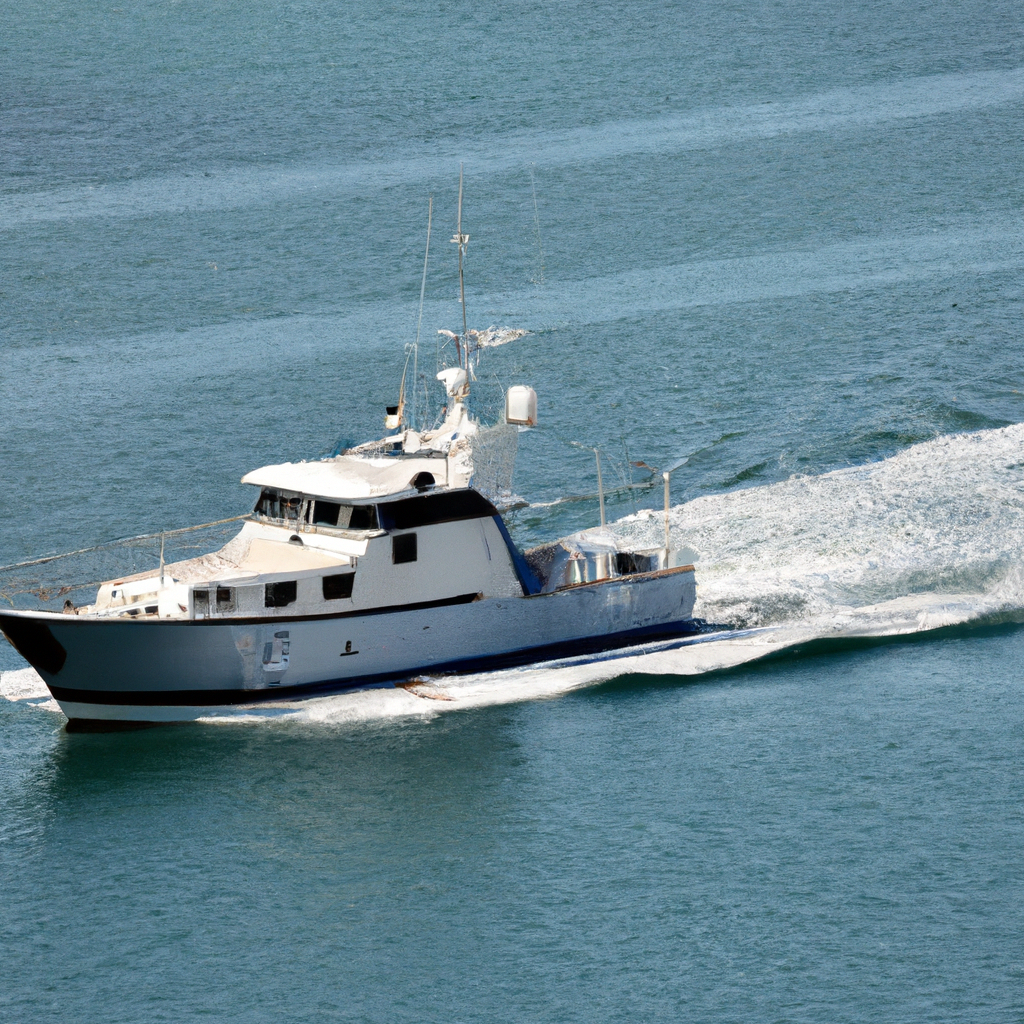Complete Guide to the Repair and Maintenance of Nautical Equipment: Techniques, Importance and Practical Cases

Sailing the blue waters can be an exciting and liberating experience. But to keep that thrill alive, it’s critical to ensure that all your boating equipment is in top working order. Boating equipment repair and maintenance are essential to ensure its optimal performance and long-term durability. This article dives into the specifics of boating equipment repair and maintenance. From essential techniques to the importance of regular maintenance and common troubleshooting case studies, this article will provide a comprehensive guide to keeping your boating equipment in tip-top shape and ready for your next adventure on the water.
- 1. "Introduction to the repair and maintenance of nautical equipment"
- 2. "Essential techniques for the repair of nautical equipment"
- 3. "Importance of regular maintenance of nautical equipment"
- 4. "Practical cases and solutions for common problems in nautical equipment"
1. "Introduction to the repair and maintenance of nautical equipment"
Marine equipment repair and maintenance is essential to ensure the safety and efficiency of maritime operations. Whether it is a pleasure boat, a luxury yacht or a fishing boat, regular maintenance and proper repair of marine equipment can make the difference between a safe journey and one that may endanger lives and property. This process involves a number of activities ranging from simple cleaning and lubrication to repair and replacement of damaged parts. Lack of maintenance can lead to accelerated wear, poor performance and, in the worst cases, catastrophic failure. Therefore, acquiring knowledge on how to properly care for and repair marine equipment is of great importance.
2. "Essential techniques for the repair of nautical equipment"
Essential techniques for repairing marine equipment cover a wide range of specialized skills and knowledge. These include a thorough knowledge of the mechanical, electrical and electronic systems that make up modern marine equipment. For repairing engines and propulsion systems, for example, skills in diesel and gasoline mechanics, as well as hydraulics, are essential. In the case of electrical and electronic systems, the professional must be familiar with diagnosing and repairing navigation, communication and safety systems. On the other hand, repairs to the structure of the boat, such as the hull or deck, require skills in carpentry and fiberglass work. In addition, corrosion prevention and control are also crucial aspects to consider in the maintenance of marine equipment.
3. "Importance of regular maintenance of nautical equipment"
Regular maintenance of nautical equipment is of utmost importance to ensure its proper and safe operation. Carrying out regular checks and repairs helps prevent potential breakdowns and prolongs the life of the equipment, thus avoiding the need for costly repairs or replacements in the future. In addition, ensuring that nautical equipment is in good working order is crucial to the safety of those on board. Equipment failures can lead to dangerous situations on the water, from the inability to navigate properly to more serious problems such as fires or floods. Therefore, regular maintenance is not only a matter of efficiency and economy, but also a matter of safety.
4. "Practical cases and solutions for common problems in nautical equipment"
There are several common problems that can arise in marine equipment that require periodic repair and maintenance. For example, one of the most frequent problems is corrosion due to constant exposure to salt water. In this case, the practical solution would be the regular application of anti-corrosion paints and coatings, as well as the inspection and replacement of metal parts as necessary. Another common problem is propeller wear, which can result in a loss of navigation efficiency. The solution to this problem could be the replacement of the propellers or their repair if possible. Electrical systems can also fail, especially in wet conditions. To solve these problems, periodic inspection and maintenance of electrical and electronic systems and the use of high-quality components that are water-resistant are recommended. In addition, it is important to have a preventive maintenance plan to avoid the appearance of these and other problems.
